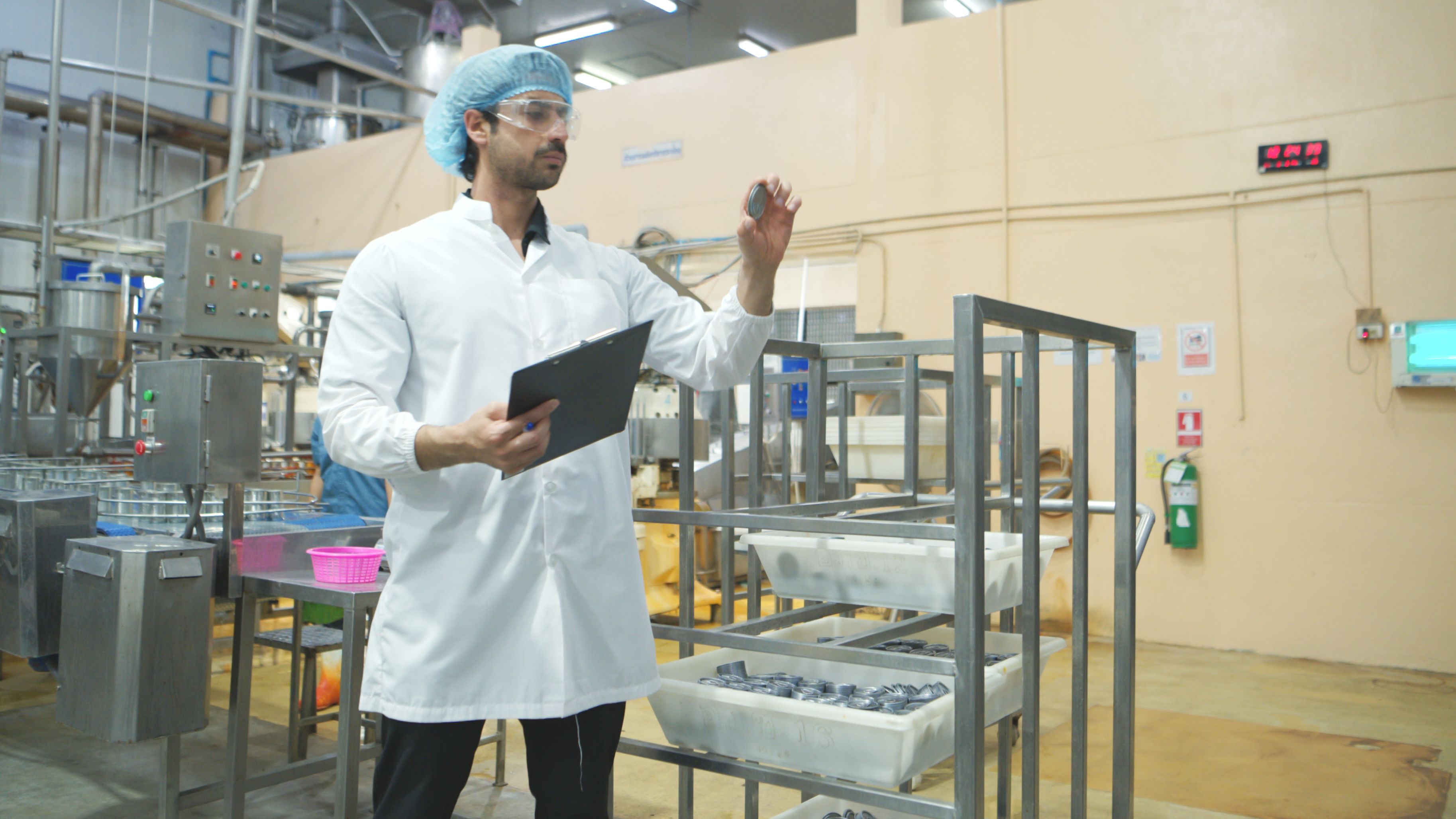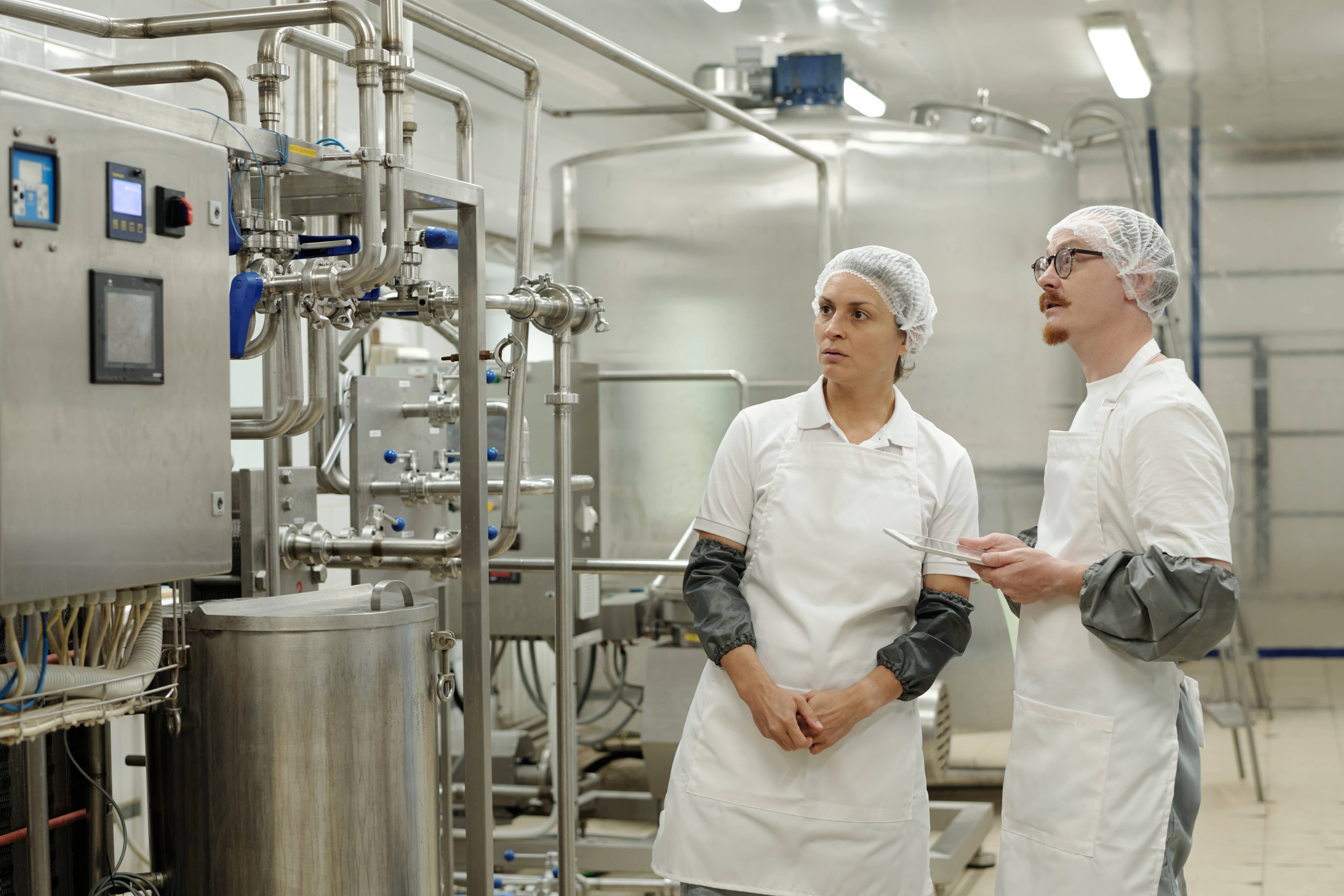Last Updated on June 23, 2025 by Admin
A Certified Food Safety Manager has a critical role in ensuring food products are safe for consumption and meet all regulatory standards. Understanding what is food safety certification is and how to get a food safety certificate are essential steps in this process. Whether you’re a professional in the food industry looking to enhance your qualifications or someone interested in entering this field, this guide will provide a clear, step-by-step approach to achieving certification. Let’s look into food safety training and certification, uncovering the necessary steps, resources, and tips to help you become a Certified Food Safety Manager.
What is Food Safety Certification?
It’s crucial to understand what is food safety certification. The certificate shows that a person knows about food safety certifications and guidelines and has the skills to ensure food safety at work. It covers various aspects, including handling, storing, preparing, and serving food. A food safety certification ensures you are well-versed in the latest regulations, practices, and standards. It’s not just a badge of honour; it’s proof of your commitment to maintaining high food safety standards. This certification is recognised by food regulatory agencies, making it a valuable credential for anyone working in the food service industry. It’s about ensuring public health and safety, making it a responsibility of utmost importance.
Why Become a Certified Food Safety Manager?
Becoming a Certified Food Safety Manager is not just about fulfilling a job requirement; it’s about playing a pivotal role in public health. In this position, you are responsible for ensuring that food is safe and of sound quality for human consumption, which is a significant responsibility. The benefits of this certification extend beyond personal achievement. It demonstrates to employers, colleagues, and customers that you are committed to upholding the highest food safety and standards. This certification can open doors to career advancement, as many food service establishments require or prefer managers with this credential. Food safety training and certification also keep you updated with the latest food safety regulations and practices, enabling you to manage risks and prevent foodborne illnesses effectively. Ultimately, it’s about contributing to a culture of safety and quality in the food industry.
How to Get a Food Safety Certificate
Here are the crucial steps to understand how to get a food safety certificate.
Step 1: Understanding the Requirements
The first step in becoming a Certified Food Safety Manager is understanding the specific requirements. Generally, the process involves completing food safety training and certification from a recognised agency. It’s essential to research the requirements set forth by the food safety authority. These requirements often include completing training courses covering critical topics like foodborne illnesses, safe food handling, and regulatory standards. Additionally, some regions may require particular work experience in the food industry. Familiarising yourself with these prerequisites is critical to planning your certification journey effectively.
Step 2: Choosing the Right Training Program
Once you’re clear on the requirements, the next step is choosing the right training program for food safety training and certification. There are numerous programs available, ranging from online courses to in-person workshops. When selecting a program, consider factors such as the curriculum’s comprehensiveness, recognition by food safety authorities, and the format that best fits your learning style and schedule. Some programs offer additional resources like study guides or practice tests, which are highly beneficial. Also, it’s crucial to ensure that the program you pick is approved and meets the requirements set by the authorities in your country/organisation. It ensures that the certification you receive is valid and recognised in your area of work. Take the time to read reviews and reach out to industry professionals for recommendations. A well-chosen training program prepares you for the certification exam. It gives you the information and skills you need to do well as a Food Safety Manager.
Step 3: Completing the Training Course
The third step in your journey is completing the training course. It is where you’ll learn the essentials of food safety, including contamination control, temperature management, foodborne pathogens, and safety regulations. These courses cover a lot of ground and give students valuable skills they can use in real life. Because these studies last for different amounts of time, planning your time well is essential, especially if you’re also working and studying. Actively taking part in and being interested in the training is very important. Make notes, ask questions, and participate in talks or hands-on activities. Case studies or engaging parts may be added to some courses to make them more fun to learn. Remember that the point of this training is not just to pass the test but also to fully understand and use the rules of food safety in your job.
Step 4: Passing the Certification Exam
After completing the training, the next crucial step is passing the certification exam. It is where you demonstrate your understanding of food safety concepts and the knowledge gained during your training. This examination covers a wide range of topics from the training curriculum. Review your notes and any study materials the training program provided to you. Practice tests can be particularly helpful in understanding the format and the types of questions. On the exam day, ensure you’re well-rested and arrive early. Read each question and work in a time-efficient manner. Remember, the exam tests your memorisation skills and understanding of applying food safety principles in practical situations. Clearing this exam is a significant milestone in becoming a Certified Food Safety Manager.
Step 5: Maintaining and Updating Your Certification
Once you’ve passed the exam and received your food safety certification, it’s essential to keep it updated. Most certifications have an expiration date, typically between one to five years. You may need to complete continuing education courses or retake the certification exam periodically to maintain your certification. In this rapidly changing scenario, keeping up with the latest rules and practices for food safety is essential. Participating in workshops, seminars, or online courses helps you stay informed. Additionally, being actively involved in the food safety community, such as joining professional organisations, can provide networking opportunities and continued learning. Keeping your certification current ensures compliance with industry standards and demonstrates your commitment to food safety excellence.
Conclusion
Becoming a Certified Food Safety Manager is a journey that requires dedication, education, and a commitment to public health. From understanding what is food safety certification to choosing the right training program and eventually passing the certification exam, each step is crucial in developing the expertise required in this field.
Obtaining your food safety certificate is not just a professional achievement but a significant responsibility. It positions you as a critical player in ensuring the safety and well-being of consumers. The demand for skilled and knowledgeable food safety managers will only increase as the food industry evolves. Your certification is more than just a document; it’s a testament to your capability to uphold and advocate for the highest food safety standards. Remember, the learning continues once you become certified. Food safety is ever-changing, and staying informed and updated is paramount. You will make the world a safer place to eat if you give this journey your full attention and excitement.
Read Also – Enhancing Food Safety and Quality: The Road to Certification and Beyond













